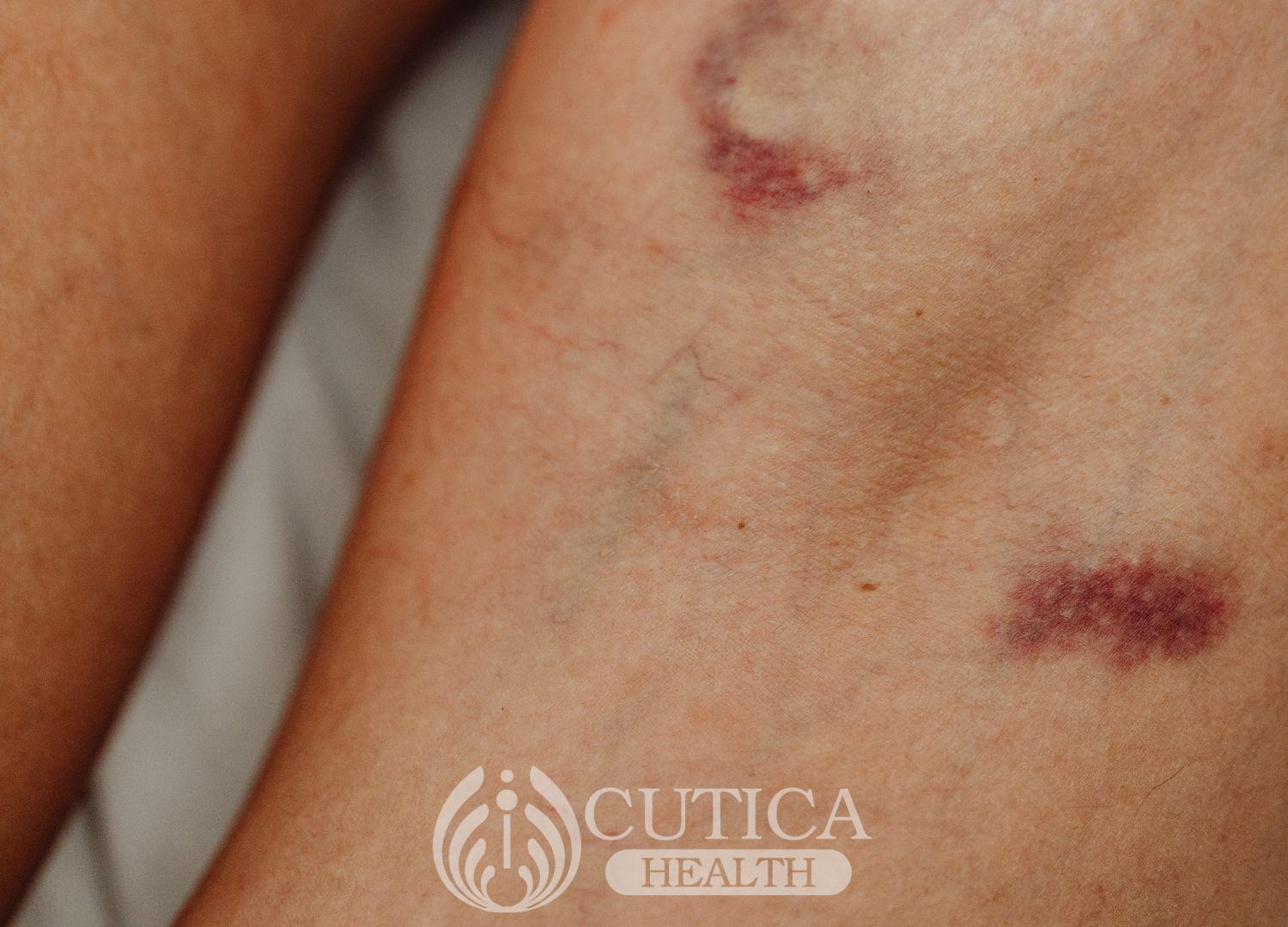
Believe it or not, human bite could be as dangerous as an animal bite as there could arise serious complications like severe infection and permanently damaged bones, joints and/or tendons.
Little wonder Nurse Penelope didn’t delay in taking care of a bite wound she sustained from one of her patients. To others, her response might have been an exaggeration as humans tend to underestimate bites from fellow humans.
Human bites
Animals aren’t the only ones capable of biting you; you could be bitten by someone aggressive. Human bites are the third most common bite wound diagnosed in emergency rooms after dog and cat bites.
Although humans don’t have the strongest bites when compared to other mammals like dogs, cats, lions and bears, the possibility of having broken skin due to the bite cannot be ruled out.

The human mouth houses some bugs in the saliva, which could cause infection in the victim.
Who is prone to human bites?
Though human bites are common among children, especially while playing, adults could also get bitten by fellow adults and children. The bite wounds could be inflicted on purpose or accidentally.
Causes of human bites
- Domestic violence
- Child abuse
- Aggressive behaviour, as portrayed by psychiatric patients.
- Sexual encounters where ‘love bites’ are common.
- Rough playing between children
- Accidents during plays or sporting events.
- Self-inflicted bite wounds in emotionally or mentally disturbed individuals
The severity of human bites
The extent of human bites is graded based on the location of the bite. Also, you can note how severe a bite is based on the depth of the bite wounds and how much bleeding occurs from the bite wound.
Signs and symptoms: How to know if a bite is infected
- Red, swollen skin with a feeling of heat around the wound
- Pain around the wound
- Unusual discharge from the wound
- Fever or chills

Complications from human bites
- Severe infections: These are typically from bacteria in the mouth. Other infections like hepatitis B may be transmitted. Human immunodeficiency virus (HIV) is not transmitted through human bite under normal circumstances. Every serious bite should be evaluated on by a knowledgeable health professional to determine potential exposures.
- Permanently damaged bones, joints and/or tendons.

Treating human bite wounds
When you have suffered a serious human bite, these are the things to do:

Wash the wound with soap and warm water. Ensure you do this as gently as possible to avoid further tears and irritation.
- Cover the wound with a non-stick bandage.
- Seek medical care for further evaluation and care of the wound. Generally, human bites are not stitched except they’re on the face or ear.












